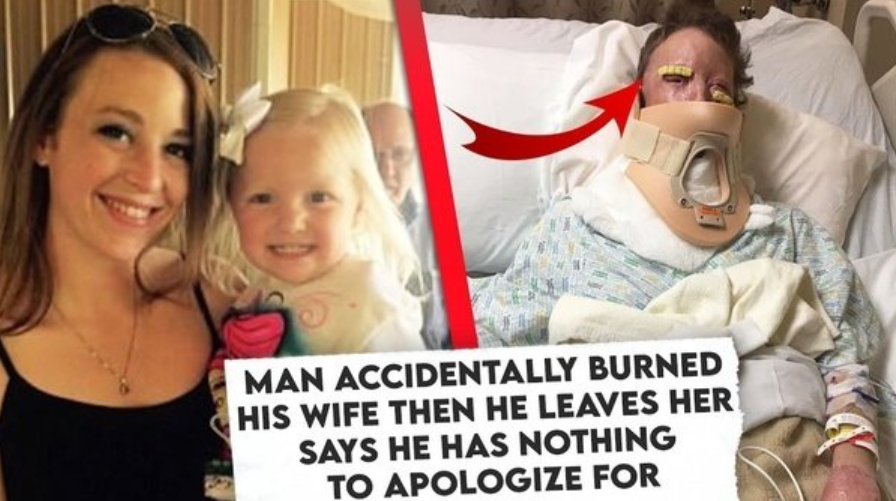Council Refused To Give Me Better Accommodation , I’m Stuck in Here, And I Feel Like a Prisoner. I Can’t Get Down the Stairs- Disable Woman Cry Out

48-year-old Michelle, a disabled woman living in Southwark, South London, finds herself stuck in a second-floor flat, despite her repeated pleas for a ground floor home that accommodates her medical needs. Michelle, who suffers from arthritis, chronic back pain, and lupus, struggles to navigate the 30 steps from her flat to the ground floor, leaving her feeling like a prisoner in her own home.
For 22 years, Michelle has been requesting a more suitable property due to her medical conditions. In 2019, a doctor recommended she be given a ground floor flat with a bath to ease her daily challenges. However, four years later, she remains in her current unsuitable second-floor flat, causing her immense distress.

“I’m stuck in here, and I feel like a prisoner. I can’t get down the stairs. This place is making me really sad,” laments Michelle, who further reveals that the lifts in her building break down frequently, exacerbating her isolation.
Michelle’s plight is compounded by the fact that she fears being trapped in the event of a fire, as she cannot safely evacuate her building through the stairs. Her mobility issues have been disregarded, and the council has yet to address her urgent need for a more suitable housing solution.
The Southwark council has acknowledged Michelle’s situation, but claims her case is “complex” and that assessing her needs may take time. However, Michelle maintains that she has given the council numerous opportunities to address her situation but to no avail.
Adding to her ordeal, the council has offered Michelle one-bedroom flats, disregarding her request for a two-bedroom property to accommodate her son, who acts as her carer. Furthermore, after requesting a new medical assessment in 2021, Michelle was dismayed to receive a letter that downgraded her needs and suggested she could live as high as the fifth floor, provided lifts were available.
Community union ACORN has rallied behind Michelle, holding a protest outside Southwark Council’s offices, urging them to find her a suitable home as quickly as possible. ACORN spokesperson expressed solidarity with Michelle, highlighting her struggle with unsafe and unsuitable housing.
Councillor Stephanie Cryan, Southwark’s cabinet member for homes, acknowledged Michelle’s case as complex but assured the public that the council’s housing teams are diligently working to ensure she finds a suitable and permanent home. Cryan emphasized the importance of getting the right fit for Michelle’s needs.
As Michelle continues to languish on the housing waiting list alongside over 17,000 others, her plea for a ground floor flat that meets her medical requirements remains unanswered. The prolonged wait for appropriate accommodation raises questions about the support and resources provided to vulnerable tenants and the urgency with which their needs are addressed.




